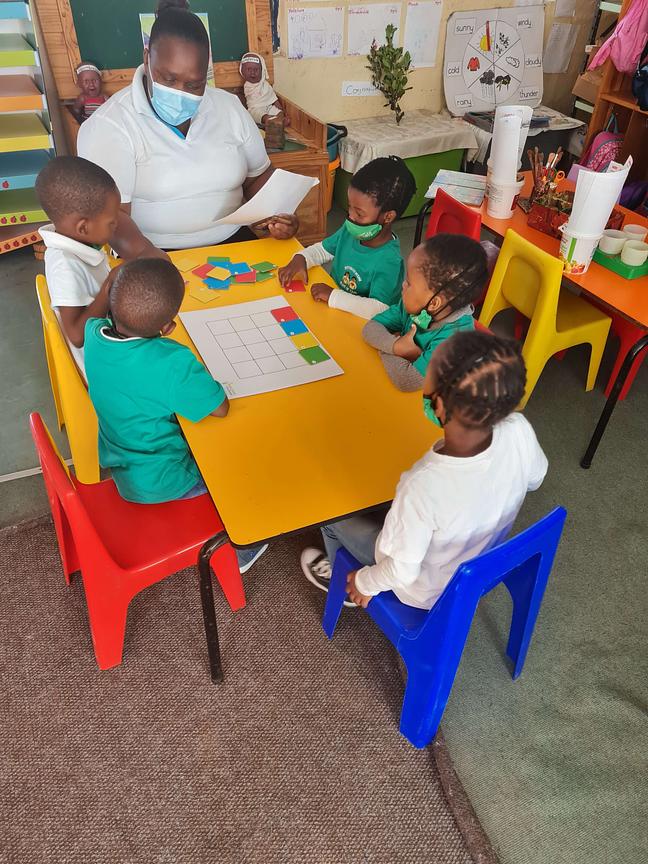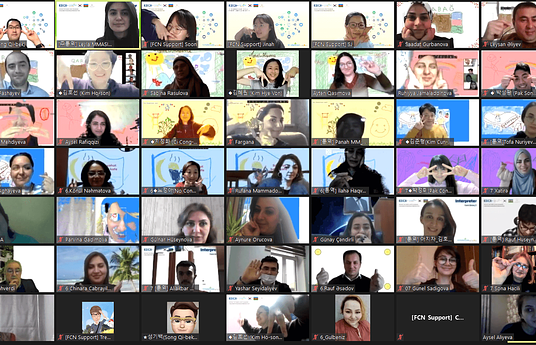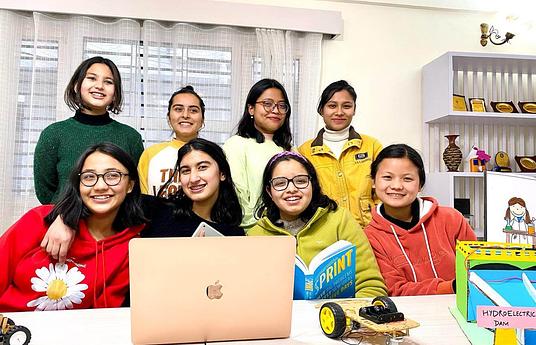Repurpose for Purpose focuses on addressing a skills gap that has existed in the Early Childhood Development (ECD) space for years. We are talking about cognitive development skills needed for school success. Without these essential skills, young children are entering formal schooling struggle. Most ECD practitioners, especially those serving our most vulnerable areas are under resourced
Barrows is a retail experience agency that has been developing transformative experiences in retail across the world for the last 30 years. One of the most popular products manufactured by Barrows is the temporary display unit made up of corrugated board. When these temporary display units are printed for brands across the world, there is often blank white space remaining – areas of the cardboard or paper not covered in advertising artwork. This is referred to as Excess Business Inventory (EBI) – it is not necessarily waste but would be discarded if not used creatively. Rather than Barrows recycling this EBI, the white space is used to print high quality Repurpose for Purpose early learning materials. The materials that get printed on this white space have been developed by the Repurpose for Purpose content committee made up of Early Childhood Development (ECD) specialists with decades of experience in resource-poor early learning settings.
We have partnered with the National Early Childhood Development Alliance (NECDA), an Early Childhood Development (ECD) focused network, comprising non-profit organisations and sector experts that aims to provide capacity building, high-quality training, and resourcing to the ECD Sector in vulnerable communities across South Africa. Whilst the resources are of great benefit to young children, the majority of adults facilitating this work have limited knowledge, understanding, and capacity to utilise these resources without training. It is for this reason that we work with various distribution partners – selected NECDA members that are Resource and Training Organisations (RTO’s) – to ensure introductory and ongoing training is provided to adults using the resources in different environments
Since these are playful learning resources (and not a programme), we are interested to find out how these resources will be used in different settings from playgroups to ECD centres to home visiting programmes or toy libraries. We are also interested in seeing the unique methods of training that our distribution partners are going to use to filter this training through their organisation



